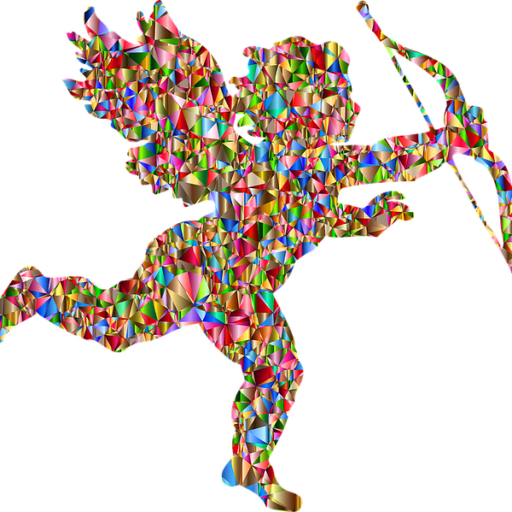What if you discover that the man you love is an alcoholic, a drug addict, or compulsively engaged in (self-) destructive behavior? Some women fall in love with addicts – alcohol is the traditional addiction, but nowadays opioids are an epidemic. Are these women naïve, or in denial, or replicating a family environment, or is the habit simply hard to detect in some people?
The question may be irrelevant. This situation is unlikely to arise if we follow the checklists before we allow our hearts to become entangled. If a man’s life is in chaos – the children have problems, the previous marriages ended badly, the finances are in shambles – there’s a good chance this man cannot be a good partner, and the nature of the dysfunction doesn’t really matter.
Of course, if you don’t mind enabling him, bailing him out financially, and at the very least making excuses for substance abuse-fueled work chaos, then by all means go for it. Of course, let’s not forget you’ll need to put up with the daily emotional and spiritual beatings the partners of addicts suffer, not to mention the possible physical aggression. Substance abusers’ neurotransmitters are altered and include lower-than-normal levels of gamma-aminobutyric acid (GABA), the brain’s inhibitory and calming neurotransmitter, and this is one reason their capacity for love is compromised. That neat scientific explanation doesn’t make it any easier on the partner, though.
Is addiction a stumbling block that can be resolved if someone is committed to change? Yes, but he may not be committed to change. The Light Bulb Must Be Willing and Able.
That said, John and Julie Gottman, therapists whose work will be reviewed in the Experts section, say they have had some success in improving relationships even when one partner has an addiction problem. Stay tuned ….

Recent Comments